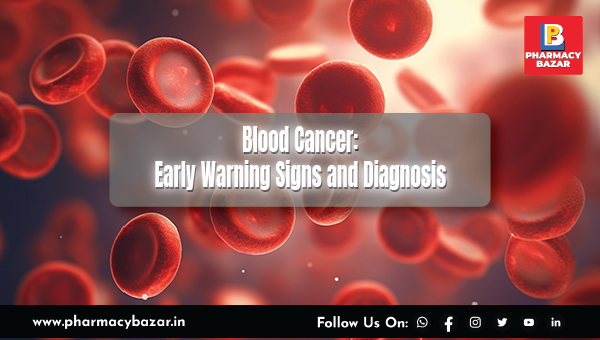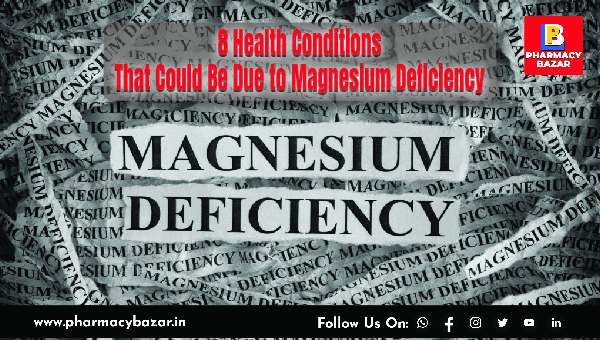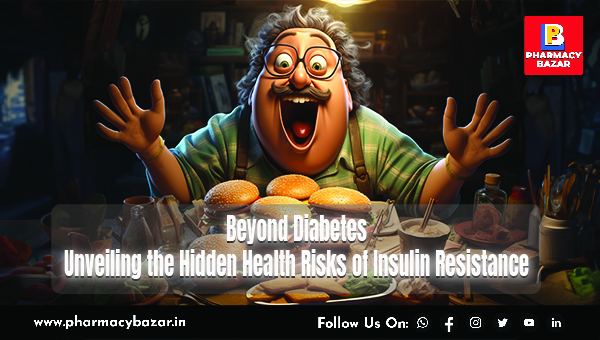Prostate Cancer Unveiled: A Comprehensive Exploration of 18 Crucial Insights
Feb 14, 2024
Introduction:
Prostate cancer, a formidable adversary that originates in the walnut-sized gland beneath the bladder, demands our understanding and vigilance. In this comprehensive exploration, we delve into crucial aspects of prostate cancer, ranging from risk factors and symptoms to advanced diagnostic methods and diverse treatment modalities. As a seasoned prostate expert, I present 20 essential insights to enhance awareness and empower individuals in navigating the complexities of this prevalent malignancy.
1. Prostate Cancer Genesis:
Prostate cancer emerges when cells in the prostate undergo malignant transformations, forming tumors with the potential to invade surrounding tissues. According to the Canadian Cancer Society, the disease can metastasize, emphasizing the importance of timely diagnosis and intervention.
2. Demographics and Risk:
With one in seven men facing the specter of prostate cancer, awareness becomes paramount. Typically afflicting men aged 50 and older, this disease exhibits a higher predilection for African-American men, predisposing them to a more aggressive form, as noted by Dr. Matthew Tollefson from Mayo Clinic.
3. Familial Link and Genetics:
Prostate cancer often reveals familial patterns, hinting at genetic predispositions. Individuals with a family history, particularly those with an affected brother or father, face a heightened risk, more than doubling the likelihood of developing the disease.
4. Elusive Symptoms:
Early-stage prostate cancer cunningly disguises itself, with symptoms often remaining absent or mirroring other ailments. Advanced cases may manifest as urinary issues, blood in urine or semen, erectile dysfunction, and localized pain, demanding keen vigilance for timely detection.
5. Dietary Impact:
While the correlation between diet and prostate cancer remains intricate, studies suggest a potential link. A diet rich in red meat and high-fat dairy may elevate the risk. However, the nuances of this connection warrant further investigation.
6. PSA Tests - Unveiling Potential:
Prostate-specific antigen (PSA) tests serve as crucial diagnostic tools, providing insights into the likelihood of prostate cancer. Yet, interpreting results requires caution, as about 15% of men with PSA levels below 4 may harbor the disease, necessitating subsequent biopsy confirmation.
7. Biopsies:
Once a mainstay, biopsies involve the extraction of tissue samples for cancer assessment. However, in certain cases, especially for elderly or frail patients, physicians may opt for alternative diagnostic avenues, balancing the benefits against potential drawbacks.
8. Innovative Screening: Prostate Health Index Test:
The Prostate Health Index test heralds a new era in precision screening, amalgamating various PSA markers for enhanced diagnostic accuracy. This nuanced approach aids in gauging cancer presence and predicting its potential progression during active surveillance.
9. Radiation Therapy:
Early-stage prostate cancer often confronts external beam radiation, a targeted approach lasting mere minutes per session. While effective, this treatment may yield side effects, including incontinence and impotence, underscoring the necessity for a nuanced risk-benefit analysis.
10. Chemotherapy and Hormone Therapy:
Advanced cases may necessitate chemotherapy, especially when the cancer spreads beyond the prostate. Concurrently, hormone therapy, inhibiting testosterone production, plays a pivotal role in managing symptoms, often complementing other treatments.
11. Fish Oils: A Dietary Ally:
Recent studies suggest a potential role for fish oils in retarding prostate cancer growth. Incorporating omega-3 fatty acids through supplements and sources like linseed oil may contribute to maintaining prostate health.
12. Survival Rates and Prognosis:
Amidst the challenges, prostate cancer boasts one of the highest survival rates. A staggering 99% of men diagnosed with common types of prostate cancer endure beyond five years, offering hope and resilience to those facing this diagnosis.
13. Life After Prostate Cancer:
Survivors embark on a journey of post-treatment life, marked by follow-up examinations and regular physical activity. Though the specter of recurrence persists, proactive health management can enhance the quality of life.
14. Geographical Influences:
Geography emerges as a subtle yet influential factor, with prostate cancer prevalence varying across regions. Understanding these disparities may unveil lifestyle and screening intricacies contributing to regional differences.
15. Inherited Gene Mutations:
Approximately 5% to 10% of prostate cancers trace their origins to inherited gene mutations. Lynch syndrome, a condition affecting DNA repair, exemplifies how genetic factors can predispose individuals to prostate cancer.
16. Dietary Prevention Measures:
While a definitive link between diet and prostate cancer remains elusive, adopting a healthy diet emerges as a preventive measure. Recommending reduced red meat intake and increased consumption of plant-based foods aligns with general cancer prevention guidelines.
17. Exercise as a Shield:
Regular exercise assumes a protective role, not only maintaining a healthy body weight but also potentially influencing prostate cancer risk. Physical inactivity may contribute to elevated PSA levels, indicating a poorer prognosis.
18. Surgical Interventions:
For localized cases, surgical interventions, such as radical prostatectomy, aim to excise the entire prostate gland. Despite associated risks and side effects, studies affirm promising long-term survival rates, emphasizing the importance of individualized treatment decisions.
Conclusion:
In the intricate landscape of prostate cancer, awareness, timely detection, and individualized treatment strategies form the cornerstone of effective management. With evolving diagnostic technologies and a nuanced understanding of risk factors, individuals can navigate this journey with resilience. As a prostate expert, I encourage ongoing research, proactive health choices, and a collective commitment to unraveling the complexities of prostate cancer for a brighter, healthier future.
Recent Post

Blood Cancer: Early Warning Signs and Diagnosis

Understanding Gallstones: Causes, Symptoms, and Treatment Options

Navigating Diabetes Medications: Benefits and Side Effects

Revolutionizing Cancer Treatment: How Unleashing T Cells' Energy Could Transform Immunotherapy

The Power of Lower Back Stretches: Benefits and Best Yoga Asanas for a Healthy Spine

8 Health Conditions That Could Be Due to Magnesium Deficiency

Unlocking Brain Health: How Lifestyle Choices Impact Cognitive Functions

When Speech Takes a Surprising Turn: Unraveling Foreign Accent Syndrome

The Optimal Time to Take Your Vitamin D Supplement: Insights and Best Practices

Beyond Diabetes: Unveiling the Hidden Health Risks of Insulin Resistance

